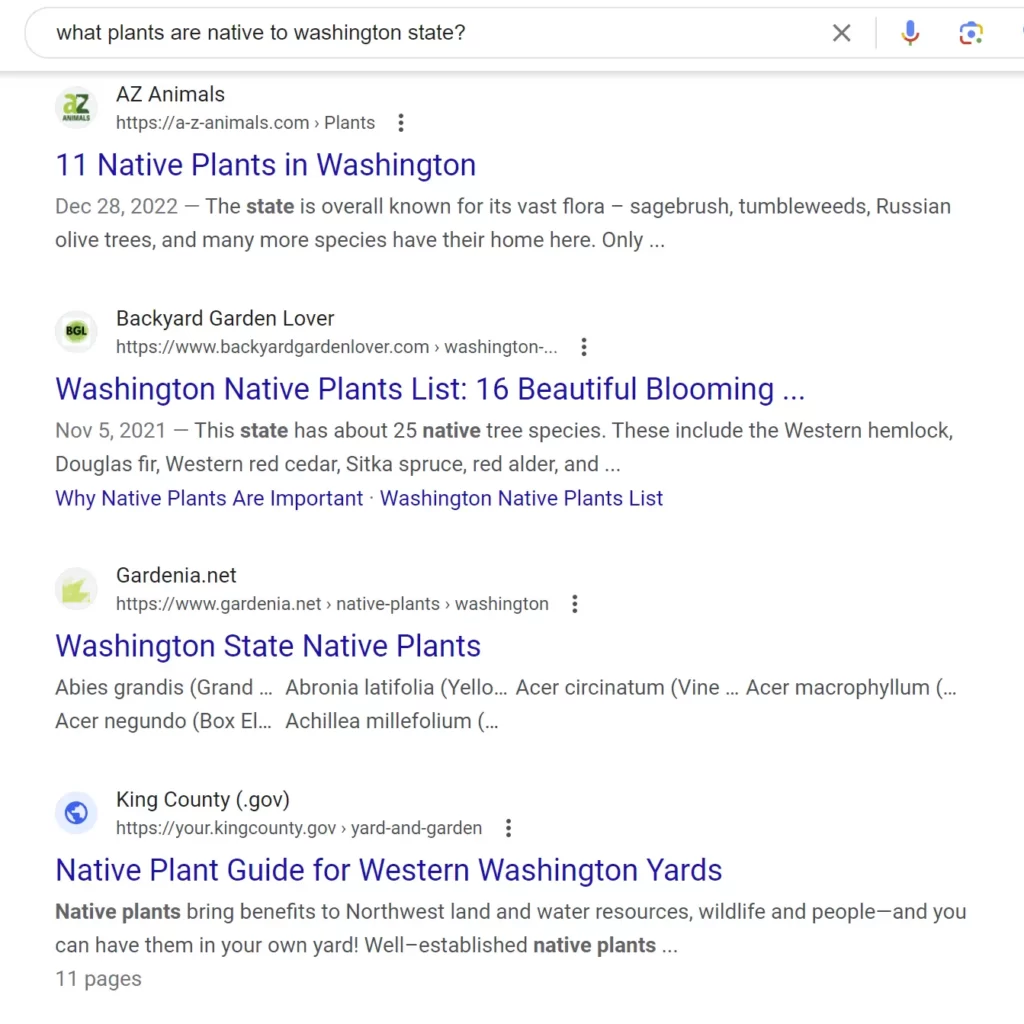Introduction:
In the dynamic landscape of digital marketing, having a robust SEO strategy is the key to achieving online success. A well-designed SEO strategy can significantly enhance your website’s visibility in search engine results, driving organic traffic, and ultimately leading to higher conversions. In this comprehensive guide, we’ll delve into the intricacies of creating a powerful SEO strategy that will propel your website to the top of search engine rankings.
What is SEO?
SEO stands for Search Engine Optimization. It’s a digital marketing practice focused on improving a website’s visibility in search engine results pages (SERPs) for specific keywords and phrases. The goal of SEO is to increase organic (non-paid) traffic to a website by enhancing its relevance and authority in the eyes of search engines like Google, Bing, and Yahoo.

Search engines use algorithms to rank websites based on various factors to determine how relevant and valuable they are to users’ search queries. SEO involves optimizing different aspects of a website to align with these algorithms and improve its chances of ranking higher in search results.
Why is SEO important?
- Increased Visibility and Traffic: The majority of online experiences start with a search engine. Ranking higher in search engine results pages (SERPs) ensures that your website is more likely to be seen by potential visitors, leading to increased organic (non-paid) traffic

- Credibility and Trust: Users tend to trust organic search results more than paid advertisements. Ranking higher in search results signals to users that your website is credible and authoritative in its field.
- Better User Experience: Effective SEO involves improving the user experience by optimizing page load speed, navigation, and overall website design. A positive user experience leads to longer visits and lower bounce rates.
- Higher Conversions: When your website is properly optimized for relevant keywords, the visitors it attracts are more likely to be genuinely interested in your products or services. This targeted traffic is more likely to convert into leads or sales.
- Long-Term Strategy: While paid advertising can yield quick results, SEO is a long-term strategy. Once you’ve built up your authority and optimized your website, the benefits can continue to pay off over time.
- Cost-Effectiveness: Organic search results are free. While investing in SEO might require an initial cost, the ongoing cost of maintaining a high ranking in search results is relatively low compared to paid advertising.
- Competitive Advantage: A well-executed SEO strategy can help you outrank your competitors in search results. This can result in more traffic, leads, and ultimately, a larger share of the market.
- Adapting to User Behavior: Users rely on search engines to find answers to their questions and solutions to their problems. By optimizing your content for relevant keywords, you align your website with the way users search for information.
- Global Reach: With the internet’s reach, SEO allows you to reach a global audience, making it a powerful tool for businesses looking to expand their market beyond their local area.
- Trackable and Measurable Results: SEO efforts can be tracked and measured using various analytics tools. This allows you to see which strategies are working and make data-driven decisions for optimization.
Understanding SEO Strategy:
An SEO strategy is a carefully planned set of actions and techniques aimed at improving a website’s search engine visibility. It involves a combination of on-page and off-page optimization tactics tailored to the website’s goals, target audience, and industry.
-
- Define Your Objectives:
Start by establishing clear and specific goals for your SEO efforts. Are you aiming to increase organic traffic, improve keyword rankings, or boost online sales? Defining your objectives will guide your strategy and help measure its success.
-
- Conduct Thorough Keyword Research:
Keyword research is the foundation of an effective SEO strategy. Identify relevant keywords and phrases that your target audience uses to search for your products or services. Utilize keyword research tools to assess search volume and competition for each keyword.
-
- Analyze Your Competitors:
Research your competitors to gain insights into their SEO strategies. Identify their top-performing keywords, backlink sources, and content tactics. This information can help you refine your approach and find opportunities for differentiation.
-
- On-Page Optimization:
Optimize your website’s individual pages for target keywords. This includes optimizing meta tags, headings, and content. Ensure that your website’s architecture is user-friendly and intuitive, making it easy for both search engines and users to navigate.
-
- Content Creation and Marketing:
Develop high-quality, relevant, and engaging content that addresses the needs of your target audience. Regularly publish blog posts, articles, infographics, and videos that showcase your expertise and provide value to your readers. Share your content across social media platforms and relevant online communities.
-
- Technical SEO:
Technical SEO involves optimizing the technical aspects of your website to improve its crawlability and indexability by search engines. This includes optimizing site speed, ensuring mobile responsiveness, using XML sitemaps, and fixing any crawl errors.
-
- Build High-Quality Backlinks:
Backlinks are a crucial aspect of off-page SEO. Focus on acquiring high-quality and relevant backlinks from authoritative websites in your industry. Guest posting, influencer outreach, and content partnerships can help you earn valuable backlinks.
-
- Monitor and Measure:
Regularly track the performance of your SEO strategy using tools like Google Analytics and Google Search Console. Monitor changes in keyword rankings, organic traffic, click-through rates, and conversion rates. Use this data to make informed adjustments to your strategy.
Conclusion:
Creating a successful SEO strategy requires a combination of technical expertise, creative content creation, and continuous monitoring. By defining your goals, conducting thorough research, optimizing on-page and off-page elements, and staying up-to-date with industry trends, you can craft an SEO strategy that drives sustainable organic growth and positions your website as an authoritative presence in the online landscape. Remember, SEO is a long-term investment, and consistent effort and adaptation are key to reaping its rewards.
